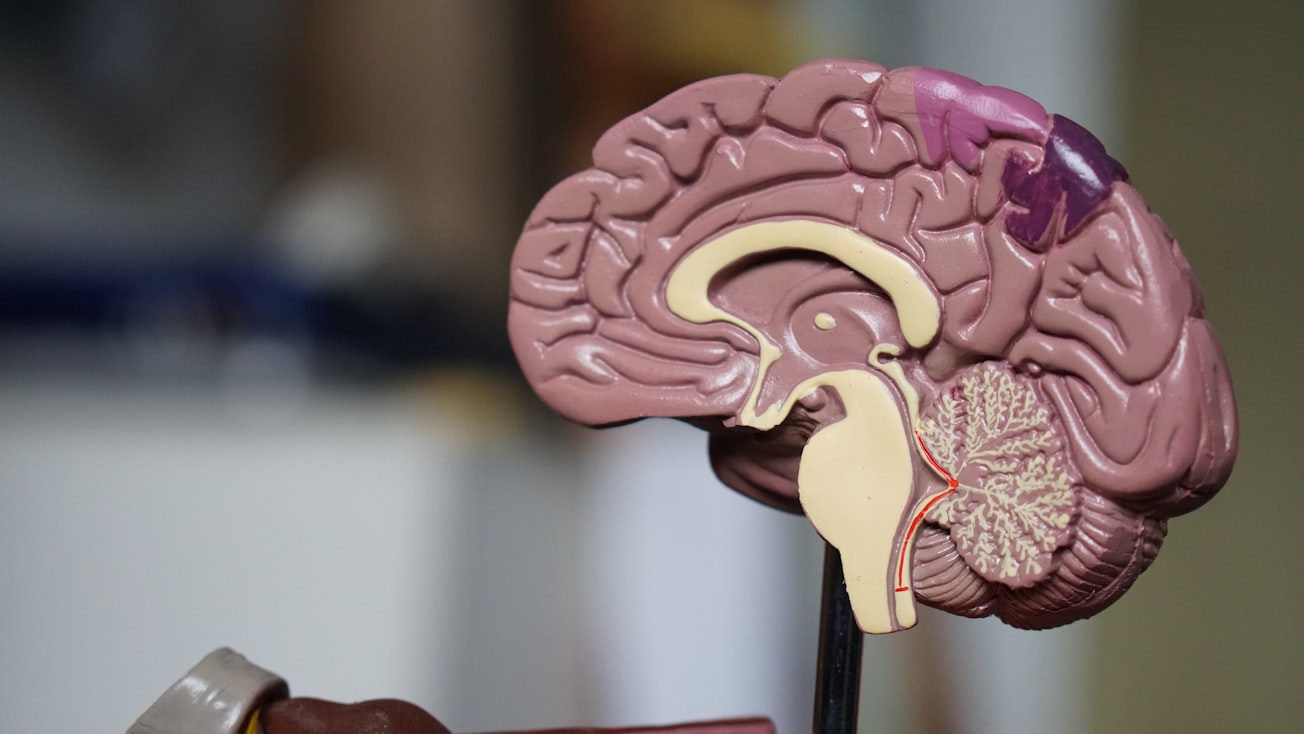What is it about?
Angiogenesis refers to the formation of mature vasculature from a pre-existing vascular network under physiological and pathological conditions. Angiogenesis is highly dependent on vascular endothelial growth factors (VEGFs) and their receptors (VEGFRs). Aberrant VEGFR2 signaling causes abnormal endothelial cell (EC) sprouting and permeability. Here, we identified SALM4 as novel regulator of VEGF-VEGFR2 signaling.
Featured Image

Photo by Robina Weermeijer on Unsplash
Why is it important?
The current treatment for acute ischemia is dependent on tissue plasminogen activator-mediated thrombolysis. However, this treatment exacerbates the risk of hemorrhage, which is related to blood-brain barrier breakdown. Based on our findings, fine-tuned regulator of VEGFR2 signaling has potential as a novel therapeutic strategy for brain ischemic reperfusion.
Perspectives
We believe that our findings will be of particular interest to investigators in field of angiogenesis and vascular permeability related diseases, such as brain ischemic reperfusion injury and tumor progression.
Dong Young Kim
Yonsei University
Read the Original
This page is a summary of: SALM4 regulates angiogenic functions in endothelial cells through VEGFR2 phosphorylation at Tyr1175, The FASEB Journal, June 2019, Federation of American Societies For Experimental Biology (FASEB),
DOI: 10.1096/fj.201802516rr.
You can read the full text:
Contributors
The following have contributed to this page







